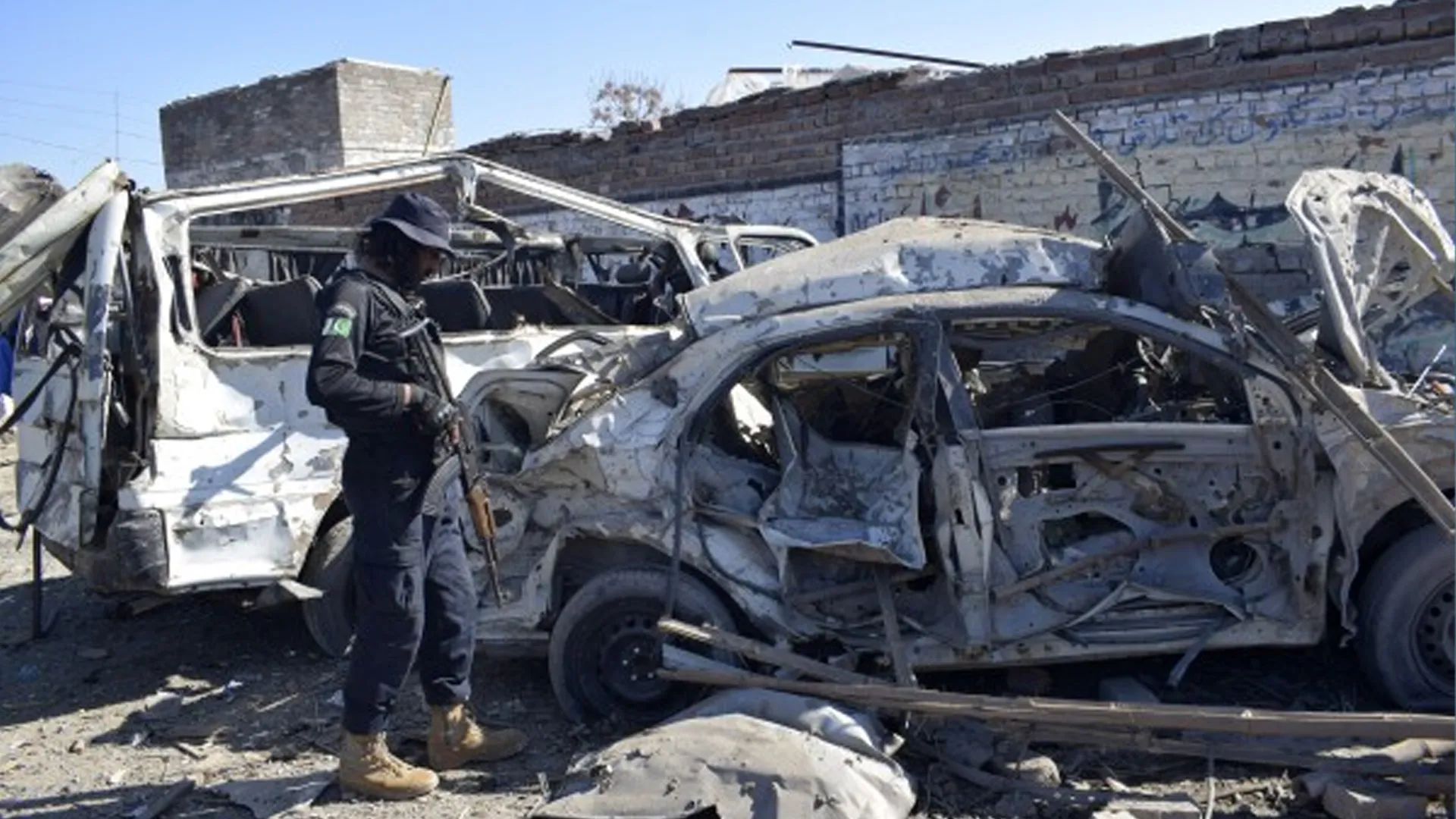A blast from a roadside bomb in the troubled Balochistan province of Pakistan killed 3 security officials and wounded 18 others on Tuesday, April 15. The attack took place in Mastung district, a separatist hotspot. Gunmen kidnapped two polio health workers in Khyber Pakhtunkhwa hours later, heightening worries about the country’s tenuous security situation.
Balochistan government spokesperson Shahid Rind confirmed the deaths and added that an investigation into the attack was in progress. The bomb exploded in a car carrying security officials in Mastung.
No one has claimed responsibility for the attack, but the authorities suspect ethnic Baloch militants. Militias like the Balochistan Liberation Army (BLA), which was declared a terrorist organization by the United States in 2019, have repeatedly attacked security personnel and civilians. These separatists blame the federal government for plundering the resources of Balochistan while ignoring the locals.
Even though they made claims of crushing the rebellion, Balochistan went on to experience fatal attacks. The fact that it borders Afghanistan and Iran makes it a central arena for both regional insurgency and global geopolitics.
Prime Minister Shehbaz Sharif denounced the bombing, promising to continue the “war against terrorism” until it is eliminated.
Meanwhile, in an independent attack the same day, armed men kidnapped two polio staff in Dera Ismail Khan, Khyber Pakhtunkhwa. Police official Zahid Khan reported that the victims were heading back from a health center in a car that was sprayed by gunfire. The abduction was done just a few days before a nationwide campaign against polio scheduled to commence on April 21, targeting more than 45 million children.
Though no one has taken responsibility for the kidnapping, previous attacks on polio workers have been attributed to Islamist militants. Such groups tend to propagate lies that the immunisation drives are Western conspiracies to sterilise Muslim children. Consequently, polio eradication in Pakistan is under perpetual threat.
Pakistan and Afghanistan are the only two nations where polio still spreads, with six new cases this year. The twin incidents highlight the ongoing threats to public security in Pakistan. They also underscore how violence continues to undermine basic health services in the country.























